On June 6, 2025, the European Union reintroduced tariffs and quotas on Ukrainian agricultural goods, putting an end to the three-year unprecedented tariff-free access to the EU market initiated in response to Russia’s invasion of Ukraine in 2022.
As Ukraine’s Black Sea shipping routes were blocked, Autonomous Trade Measures (ATMs) regime suspended all outstanding customs duties and quotas under Title IV of the EU-Ukraine Association Agreement (Deep and Comprehensive Free Trade Area, DCFTA), which has been in force since 2016.
This allowed Ukraine to redirect much of its export volume to the EU market, accounting nearly 60% of total export in 2024. This temporary trade liberalization for agriculture and industrial goods has been prolonged twice since its initial introduction, with emergency brakes and safeguard measures implemented to address any significant disruption to the EU market or the market of a Member State caused by Ukrainian imports.
Although the Council of the European Union has adopted a regulation to extend the suspension of EU import duties...
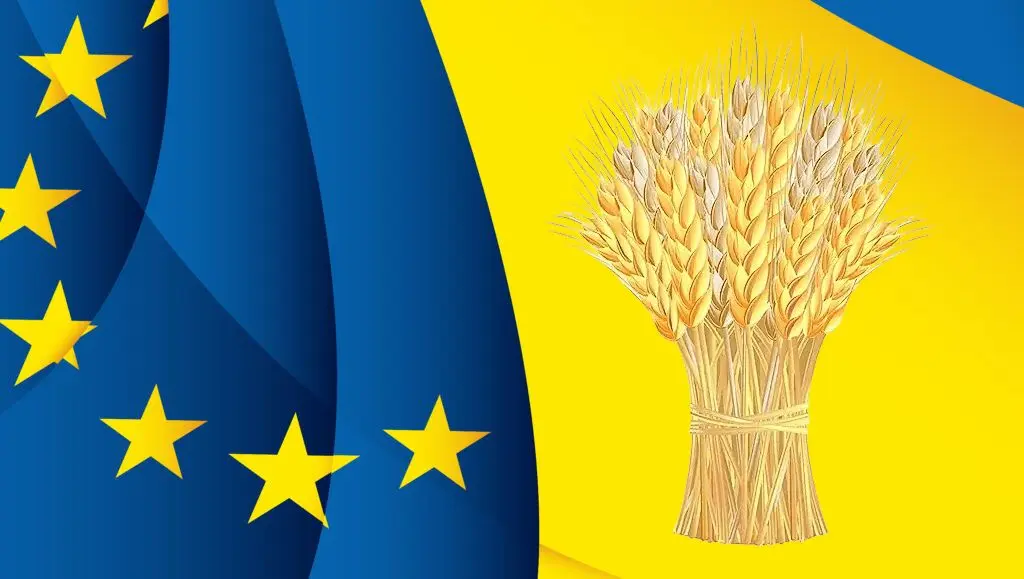
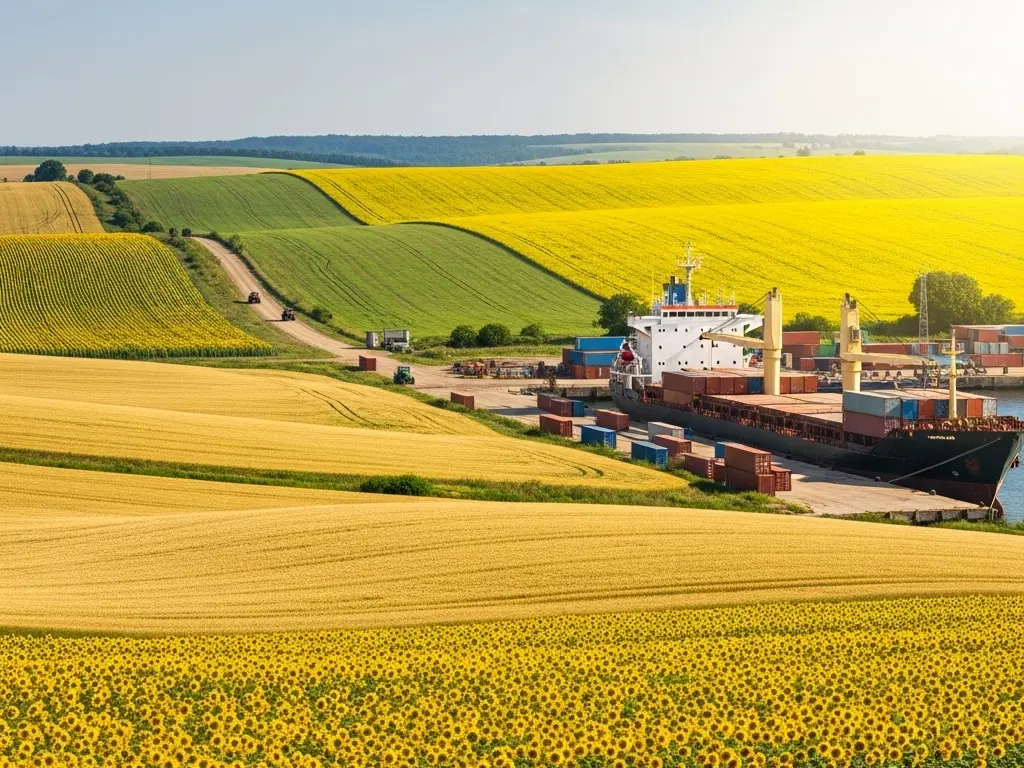
Ukraine exported 46.7 million tons of grains and oilseeds in the 2024/25 marketing year, significantly down from 57.5 million tons the season before, according to the Ukrainian Grain Association (UGA).
The decline is attributed to smaller carryover stocks from the previous season and a slightly lower harvest. UGA estimates total grain and oilseed production in 2024/25 at 78.8 million tons, compared to 82.9 million tons in 2023. Carryover stocks at the beginning of the season stood at around 7 million tons, down from 14.4 million tons the year before.
According to customs data, exports of grains and oilseeds in value terms totalled $11.2 billion in 2024/25, compared to $10.76 billion in 2023/24. When including processed products such as sunflower oil, other vegetable oils, meal, and cake, the figure rises to $18.1 billion, slightly up from $17.86 billion last season.
Barley exports totalled nearly 2.25 million tons worth $394 million, from a production volume of 5.6 million tons.
Dutch farms emit too much nitrogen. As targets slip, ecosystems suffer, and EU green goals hang in the balance. Can food production and nature conservation coexist in Europe?
The Netherlands is the second world exporter for agricultural products and ground zero for Europe’s nitrogen crisis. Here, nitrogen deposited onto every acre of farmed land remains three times the EU average. Still, the government has postponed halving nitrogen emissions by 5 years, to 2035. A decision that defies national and European laws which aim at near-zero nitrate pollution by 2050. Intensive farming is among the main causes.
In the Netherlands, there are 620 head of livestock for every 100 residents. All these animals, concentrated in a relatively small area, produce meat, cheese, milk, but also enormous quantities of a by-product that’s increasingly difficult to manage: manure.
Farmer Nanda van den Pol, explains the 90 cows of her family business produce 30 litres of milk each per day and three thousand cubic metres of manure per year. We found that is the equivalent of 40 medium-sized swimming pools full of slurry. How do they get rid of this?

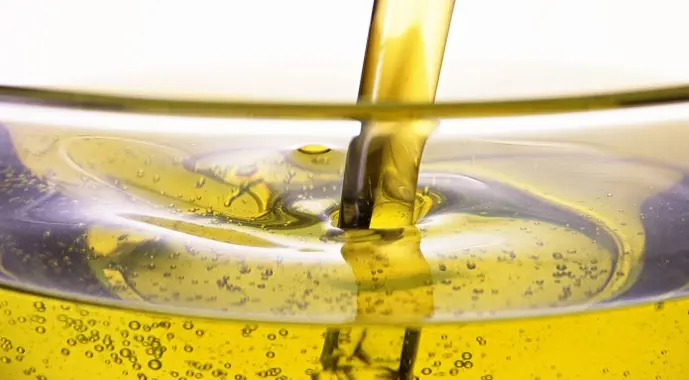
Vegetable oil prices have started to rise on a recovery in demand, led by Indian demand for cheap palm oil. Meanwhile, soybean oil prices in Chicago are holding high on expectations of a significant increase in biofuel mandates.
The Environmental Protection Agency (EPA) on June 13 proposed significantly higher than expected renewable fuel standard (RFS) volumes for biomass-based diesel, after which soybean oil futures in Chicago rose by 17% in two days, but then fell and are now trading at $1,190/t (+13.7% month-over-month).
The final decision on biofuel mandates will not be ratified before November, and the reduction in subsidies for electric vehicle production in the new law shows that Trump's campaign promise to reduce support for "green" energy may come true, and the declared volumes will not be approved in November.
CGIAR, in partnership with the United Arab Emirates’ AI71, has initiated the development of an AI agricultural advisory platform based on a large language model (LLM) tailored to agriculture, aptly named AgriLLM.
But this is not just another LLM. AgriLLM is an ambitious project aimed at equipping the agricultural community, including researchers, policymakers and smallholder farmers, with tailored AI tools and models. Unlike general-purpose AI tools, AgriLLM is rooted in scientific rigor, grounded in CGIAR knowledge and local realities, and tailored for people who rarely feature in the AI revolution: those who grow, raise, and fish for the food that feeds the world.
To kick-start this ambitious effort, CGIAR’s Digital Transformation Accelerator (DTA) convened two workshops at ILRI, Nairobi that aimed to gather a foundational dataset of high-quality question and answer (Q&A) pairs that reflect the concerns, language, and context of key user personas – smallholder farmers seeking localized, practical advice; extension agents needing field-ready guidance; researchers looking for synthesis and analysis support; and policymakers requiring concise, data-driven insights.

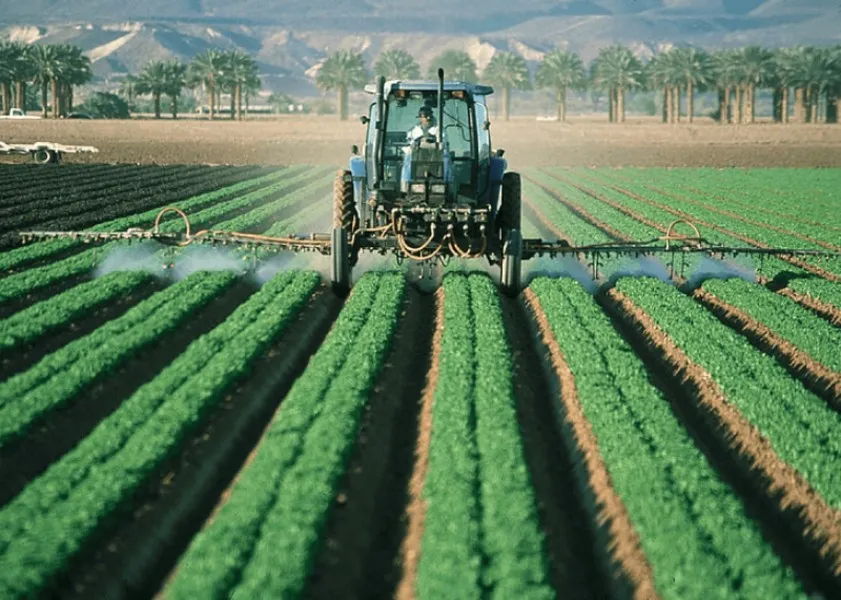
In a recent article, Farmonaut highlights the significant dangers associated with the improper use of agricultural chemicals, emphasizing the need for informed practices in farming.
Agricultural chemicals—such as insecticides, pesticides, herbicides, and plant growth regulators—are essential tools for modern farming. However, when misused, they can lead to substantial crop losses, financial hardships for farmers, and serious health and environmental risks. A significant portion of potential crop yield is lost not due to pests or diseases, but because of farmers lacking access to scientifically sound advice on chemical application.
The root of the problem often lies in a knowledge gap. Farmers, particularly in less developed regions or those managing small to medium-sized farms, may rely on personal experience or advice from local agricultural input suppliers who might not have formal scientific training. This can result in the application of inappropriate or harmful treatments.
Agriculture is woven into Ukrainian culture, but daily attacks, a loss of workers and land contamination are tearing the industry apart
In a field outside the eastern Ukraine city of Sumy, Mykola Mondrayev, 55, is moving the wreckage of a Russian drone. A pickup truck stands nearby, mounted with a gun, the only defence against the deadly unmanned aerial devices.
Three days a week, Mondrayev serves with a territorial defence unit. The other days he works his fields.
His farm, he says, has not yet been struck by a drone, but even at more than 30km (19 miles) from the frontline, he feels “uncomfortable” that it could be a target.
“The Russians aren’t just hitting military objects. They’re hitting farms as well. Farming is at the heart of Ukraine culture, and that’s what they are trying to destroy,” he says.
On the steppes beyond Sumy, a rural way of life is under threat from the complex set of challenges that war has brought. A quarter of the country’s farmland is under Russian occupation. Fields are contaminated with mines and unexploded ordnance. Farmers and workers have extra duties now as soldiers.

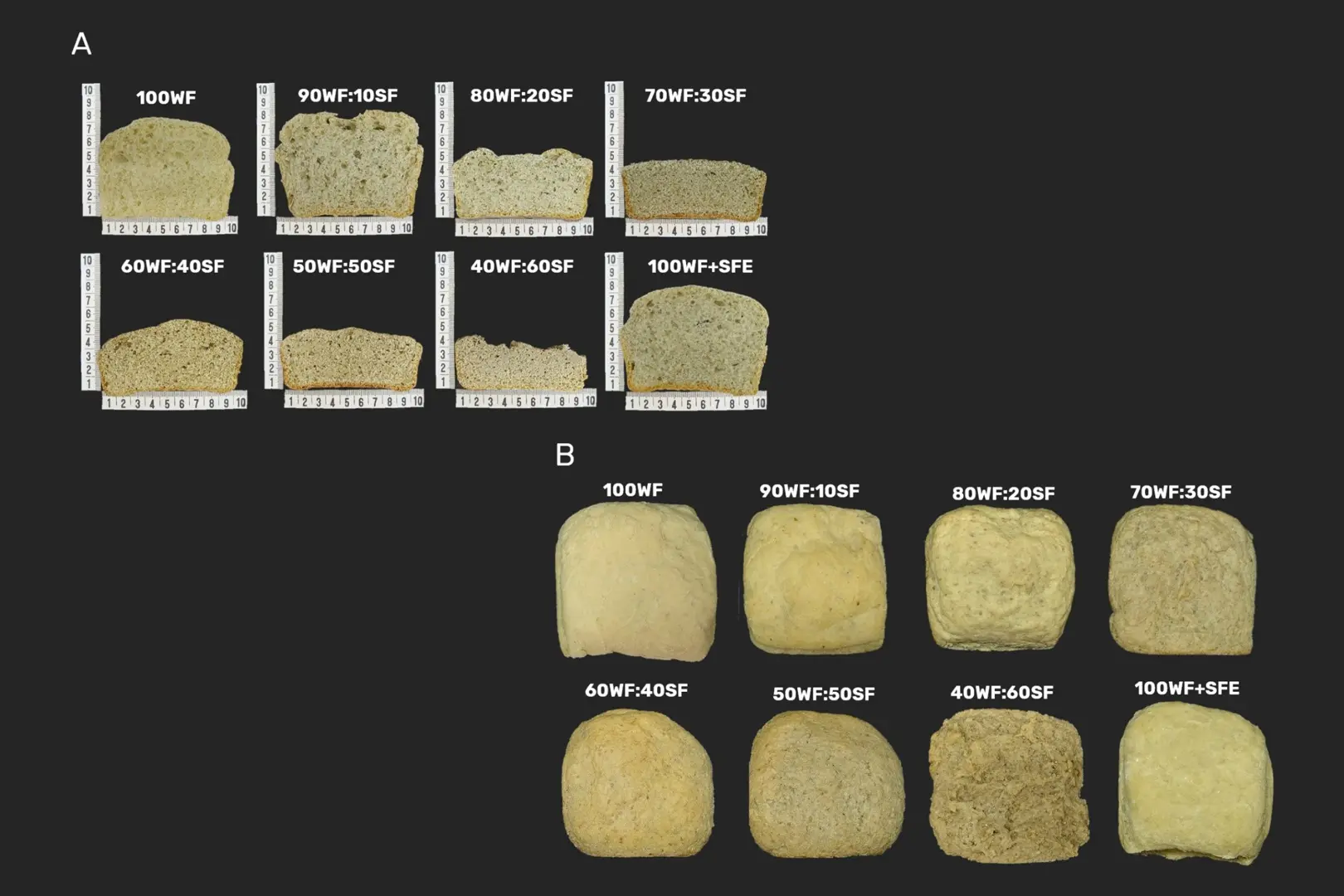
By José Tadeu Arantes | Agência FAPESP – The growing demand for healthy alternatives to traditional wheat products has boosted the search for new functional ingredients. In this context, partially defatted sunflower seed flour (SF) – a by-product of industrial sunflower oil extraction – is a promising option for enriching breads with proteins, fibers, and antioxidant compounds.
“Our aim was to optimize the reuse of sunflower seed flour considering its high protein and chlorogenic acid content,” says biologist Leonardo Mendes de Souza Mesquita, currently at the Institute of Biosciences of the University of São Paulo (IB-USP) in Brazil. He is the first author of a related article published in the journal ACS Food Science & Technology.
In order to assess the potential of sunflower seed flour (SF) as a partial substitute for wheat flour (WF), the researchers formulated bread by replacing WF with different proportions of SF, ranging from 10% to 60%. They characterized all the formulations in terms of the chemical composition and rheological parameters (which describe how the material deforms and flows when subjected to external forces) of the dough and the physical properties of the final products.